-
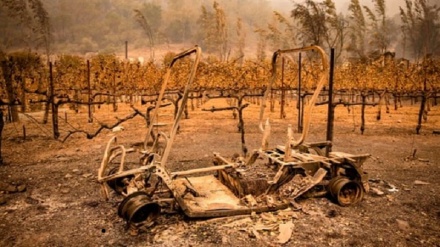
COVID-19, climate crisis are part of same battle
Oct 05, 2020 15:39From early on in the COVID-19 pandemic, a common refrain has been, “At least maybe now we will get serious about addressing climate change.” One can certainly see the logic behind this thinking. The terrible toll the pandemic has taken should remind us of the importance of three things that are also necessary to tackle global warming: Science, public policy, and international cooperation.
-
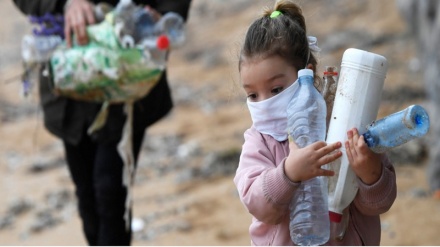
Damage of single use plastic usage during pandemic ‘will last forever’
Oct 01, 2020 11:08Environment campaigners have said action is needed to limit the use of “unnecessary” single-use plastic during the pandemic. During lockdown many chains banned the use of reusable cups for safety reasons, while disposable face masks have been found dropped on beaches.
-
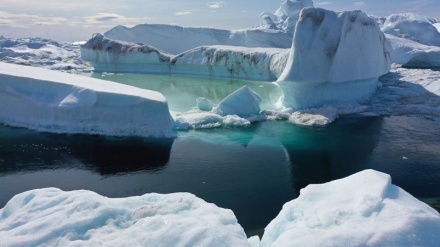
The tipping points at the heart of climate crisis
Sep 24, 2020 15:25We have known for years that many parts of the climate have so-called tipping points. That means a gentle push, like a slow and steady warming, can cause them to change in a big way that is wholly disproportionate to the trigger. If we hit one of these tipping points, we may not have any practical way to stop the unfolding consequences.
-
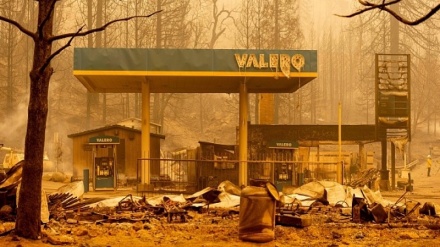
New study finds planet heading toward temperature threshold not seen in 34 million years
Sep 18, 2020 14:12A newly published study conducted by a team of climate scientists warns that—barring prompt and rigorous efforts to minimize greenhouse gas emissions—"Earth is on track for some of the strongest, fastest climate change the planet has ever experienced."
-
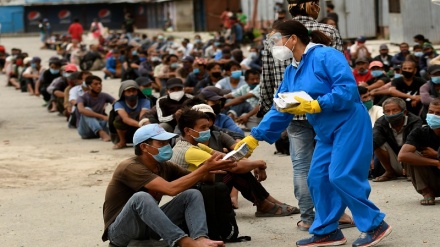
Hunger: The other way COVID will kill
Sep 14, 2020 09:03An outbreak of coronavirus pandemic-related nationalism — with countries blaming one another for the spread of the disease — has produced an escalating wave of trade barriers that has amplified the trouble on the roads. Rwanda has refused to allow Tanzanian truck drivers to haul goods into the country, forcing a time-consuming change of driver at the border.
-
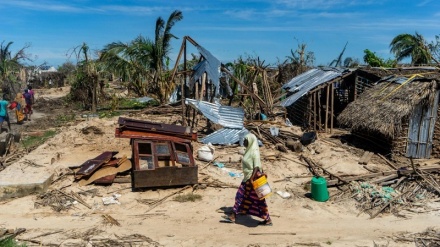
As global population grows, ecological threats and armed conflict could displace over 1 billion people by 2050
Sep 13, 2020 09:31An analysis released by an international think tank warns that as the world's population continues to climb toward and possibly surpass 10 billion by 2050, ecological disasters and armed conflict could forcibly displace roughly 10% of humanity—or about 1.2 billion people.
-
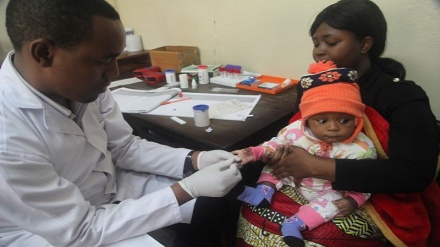
How to stop COVID-19 fuelling a resurgence of AIDS, malaria and tuberculosis
Sep 02, 2020 17:55AIDS, malaria and tuberculosis (TB), three of the deadliest infectious diseases, together kill 2.4 million people every year, with TB alone responsible for 1.5 million deaths. And deaths from these diseases could almost double over the next year, according to the Global Fund to Fight AIDS, Tuberculosis and Malaria, a consortium of donors that funds treatments. The reason: coronavirus. It’s a horrifying prospect, and calls for an urgent action plan.
-

‘Mummified’ plants give glimpse of Earth’s future
Aug 24, 2020 15:57A study said fossil leaves from the remains of a 23 million-year-old forest suggest some plants may adapt to grow more quickly as CO2 levels rise. They have enabled the scientists to link for the first time the high temperatures of the period with high levels of atmospheric CO2. In their scientific paper, the team shows that some plants were able to harvest carbon dioxide more efficiently for photosynthesis — the biological process that harnesses light from the sun to produce food for the plant.
-

Some trees may social distance to avoid disease
Jul 10, 2020 08:57It seems wind plays a crucial role in helping many trees maintain their distance. The boundaries carved by bouts between branches may improve the plants’ access to resources, such as light. Gaps in the treetops might even curb the spread of leaf-munching insects, parasitic vines, or infectious disease.
-
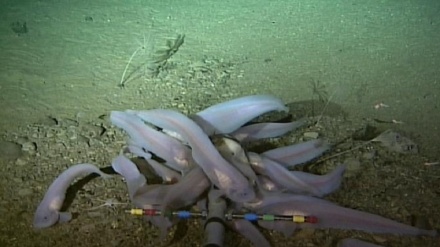
Human-derived mercury shown to pollute the world’s deepest ocean trenches
Jun 28, 2020 09:38Scientists have found that man-made mercury pollution has reached the bottom of the deepest part of the ocean — the Marianas Trench. This has significant implications for how mercury affects the marine environment, and how it may be concentrated in the food chain. According to Phys.org, the findings, which come from two independent research groups, are presented at the Goldschmidt geochemistry conference.